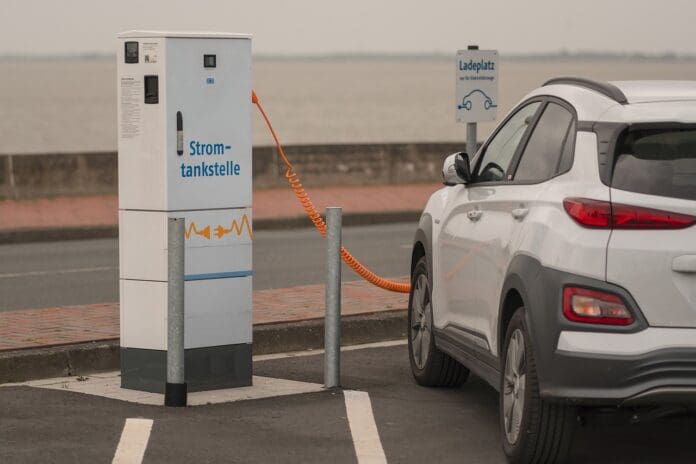This post is also available in:
 עברית (Hebrew)
עברית (Hebrew)
McGill University Researchers have made significant strides in the development of all-solid-state lithium batteries, a technology that could transform electric vehicles (EVs) by enhancing safety, efficiency, and longevity. Unlike traditional lithium-ion batteries, which contain flammable liquid components, all-solid-state batteries replace these with solid materials, reducing fire hazards and increasing energy storage capacity.
The current reliance on liquid lithium-ion batteries comes with notable drawbacks, including safety risks due to flammability and performance degradation over time. As EVs continue to grow in popularity, the need for safer and more efficient energy solutions has become paramount. However, a major challenge in creating all-solid-state batteries has been the issue of “interfacial resistance.” This phenomenon occurs at the interface between the electrodes and the solid electrolyte, creating a bottleneck that hinders lithium-ion flow and diminishes battery efficiency.
The McGill research team has devised an innovative solution to this issue. They introduced a porous ceramic membrane filled with a small amount of polymer, replacing the traditional dense plates used in battery construction. This new membrane acts as a bridge, allowing lithium ions to move freely between the electrodes and the electrolyte, effectively eliminating interfacial resistance.
The implications of this breakthrough are profound, especially regarding the safety, range, and lifespan of EVs. By eliminating flammable liquids, all-solid-state batteries significantly reduce the risk of fires, enhancing the safety of drivers and passengers alike.
Additionally, these batteries can potentially store more energy, leading to longer ranges for electric vehicles. Their improved stability also translates to a longer lifespan, reducing the need for frequent battery replacements and contributing to the sustainability of EVs.
Although still under development, the McGill team’s work represents a pivotal advance toward a more sustainable future in the electric vehicle industry.


























